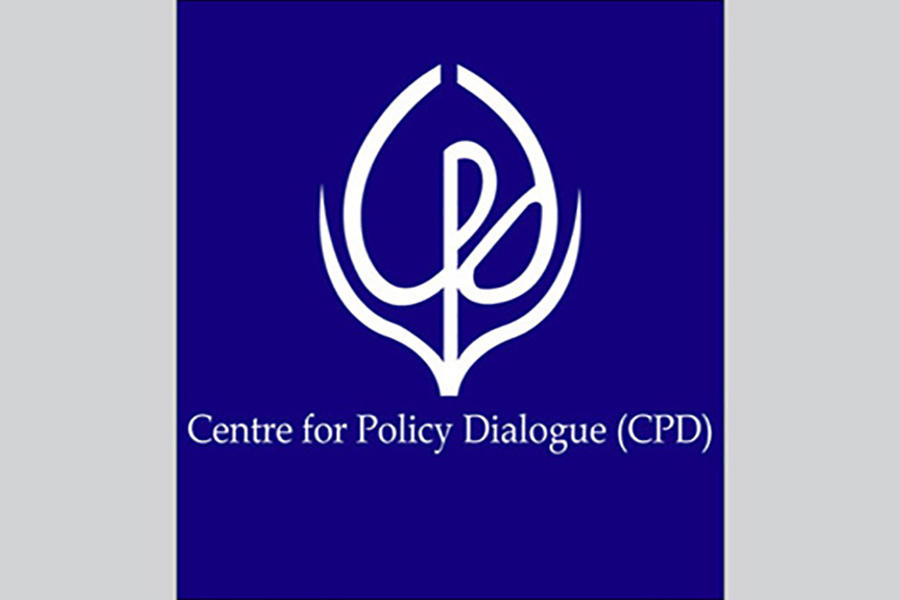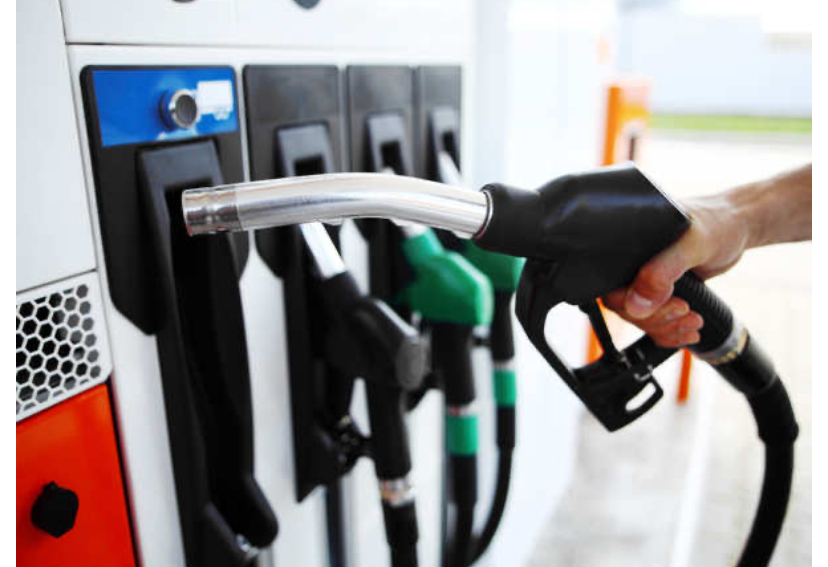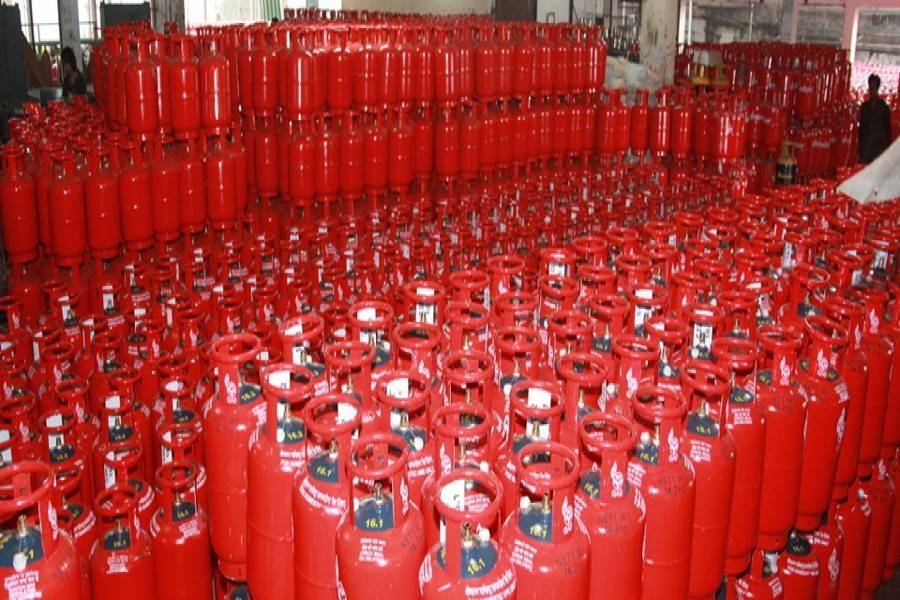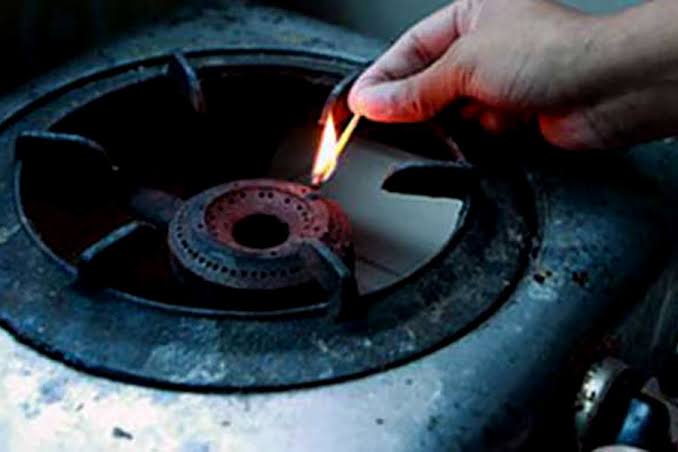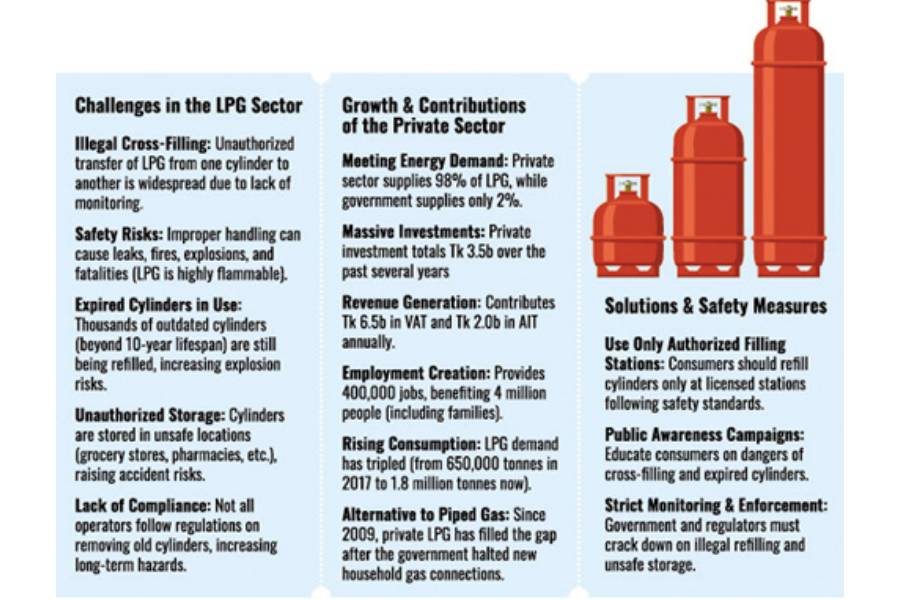Saif
Senior Member
- Joined
- Jan 24, 2024
- Messages
- 15,898
- Likes
- 7,990
- Nation

- Axis Group

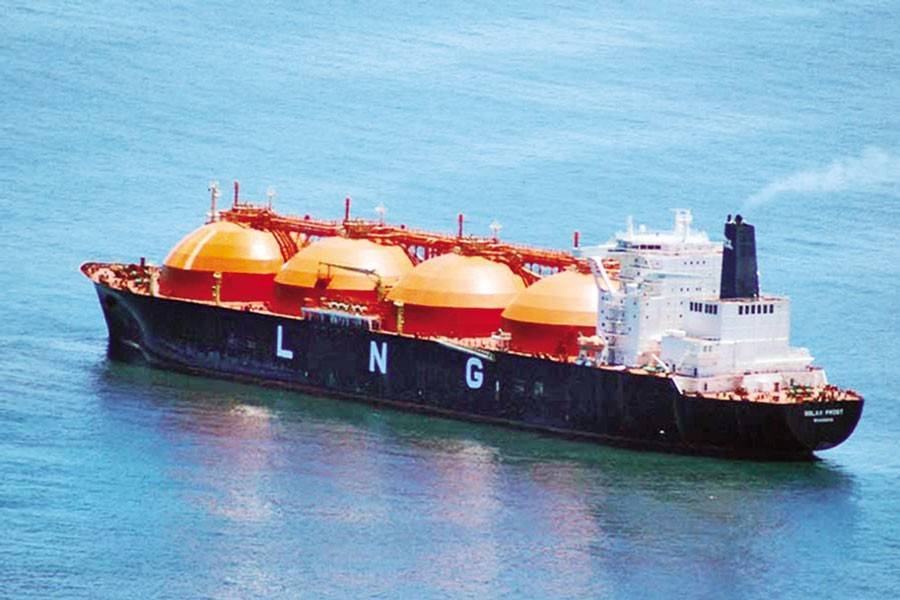
Bangladesh to buy 3 more spot LNG cargoes in Aug & Sept
The government is eyeing to import three liquefied natural gas (LNG) cargoes from spot market in late August and September. State-run Rupantarita Prakritik Gas Company Ltd (RPGCL) floated a tender to these spot LNG cargoes for August 30-31, September 10-11, and September 21-22 delivery windows exp
Bangladesh to buy 3 more spot LNG cargoes in Aug & Sept
FE ONLINE REPORT
Published :
Jul 24, 2025 19:46
Updated :
Jul 24, 2025 19:46

The government is eyeing to import three liquefied natural gas (LNG) cargoes from spot market in late August and September.
State-run Rupantarita Prakritik Gas Company Ltd (RPGCL) floated a tender to these spot LNG cargoes for August 30-31, September 10-11, and September 21-22 delivery windows expecting reasonable price quotes, a senior RPGCL official said.
The bid submission deadline is July 27, he said.
The volume of the spot LNG cargo is around 3.36 million Brithish thermal unit (MMBtu).
The cargoes are to be delivered to Moheshkhali Island, with an option to discharge it at either of the country’s two floating storage re-gasification units located on the island.
Bangladesh already bought four spot LNG cargoes for delivery in August, and if the tender turns out successful, the country’s spot LNG cargo purchase for August deliveries would be five.
Bangladesh has procured five spot LNG cargoes for July delivery.
The South Asian country has been purchasing increased volume of spot LNG cargoes over the past several months under a plan to boost natural gas supplies to industries, said the RPGCL official.
Bangladesh awarded its latest spot LNG cargo tender to Vitol Asia Pte Ltd for August 28-29 delivery window at US$12.43 per MMBtu, the RPGCL official said.
The RPGCL is a part of Petrobangla and looks after LNG trading in Bangladesh.
In addition to spot LNG cargoes, Bangladesh has been importing LNG from its two existing long-term suppliers -- QatarEnergy LNG (formerly Qatargas) and OQ Trading International -- for regasification at its two operational floating, storage and re-gasification units (FSRUs).
Bangladesh has been rationing gas supply to industries, power plants and other gas-guzzling consumers to cope with the mounting natural gas demand.
The country’s overall natural gas output -- local gas and imported LNG combined -- was around 2.832 million cubic feet per day (mmcfd) including 1,022 mmcfd of re-gasified LNG, against the demand for over 4,000 mmcfd, according to official data as on July 23, 2025
FE ONLINE REPORT
Published :
Jul 24, 2025 19:46
Updated :
Jul 24, 2025 19:46
The government is eyeing to import three liquefied natural gas (LNG) cargoes from spot market in late August and September.
State-run Rupantarita Prakritik Gas Company Ltd (RPGCL) floated a tender to these spot LNG cargoes for August 30-31, September 10-11, and September 21-22 delivery windows expecting reasonable price quotes, a senior RPGCL official said.
The bid submission deadline is July 27, he said.
The volume of the spot LNG cargo is around 3.36 million Brithish thermal unit (MMBtu).
The cargoes are to be delivered to Moheshkhali Island, with an option to discharge it at either of the country’s two floating storage re-gasification units located on the island.
Bangladesh already bought four spot LNG cargoes for delivery in August, and if the tender turns out successful, the country’s spot LNG cargo purchase for August deliveries would be five.
Bangladesh has procured five spot LNG cargoes for July delivery.
The South Asian country has been purchasing increased volume of spot LNG cargoes over the past several months under a plan to boost natural gas supplies to industries, said the RPGCL official.
Bangladesh awarded its latest spot LNG cargo tender to Vitol Asia Pte Ltd for August 28-29 delivery window at US$12.43 per MMBtu, the RPGCL official said.
The RPGCL is a part of Petrobangla and looks after LNG trading in Bangladesh.
In addition to spot LNG cargoes, Bangladesh has been importing LNG from its two existing long-term suppliers -- QatarEnergy LNG (formerly Qatargas) and OQ Trading International -- for regasification at its two operational floating, storage and re-gasification units (FSRUs).
Bangladesh has been rationing gas supply to industries, power plants and other gas-guzzling consumers to cope with the mounting natural gas demand.
The country’s overall natural gas output -- local gas and imported LNG combined -- was around 2.832 million cubic feet per day (mmcfd) including 1,022 mmcfd of re-gasified LNG, against the demand for over 4,000 mmcfd, according to official data as on July 23, 2025

